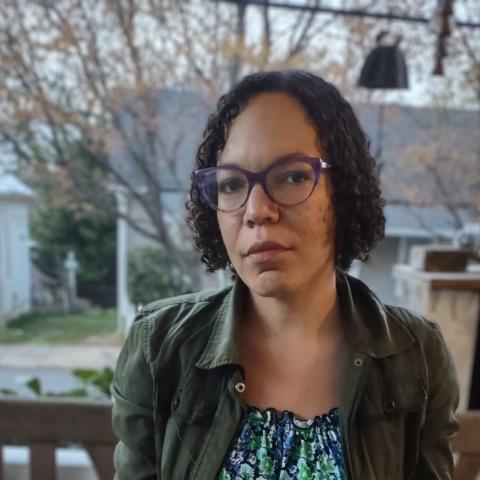
Every time a language becomes extinct, the whole world permanently loses an invaluable and irreplaceable source of knowledge ranging from culture and history to medicine, ecology, and philosophy. At the community level, language loss leads not only to the loss of generational knowledge but also to the weakening or breaking of ties that bond individuals to family, community, and culture, with people who never learn their language of heritage becoming more susceptible to depression, addiction, and suicide. Yet some estimates suggest that as many as 95% of the world’s languages may no longer be spoken by the end of the century.
Latin America in particular boasts a remarkable abundance of linguistic and cultural diversity that is increasingly threatened with each generation, a threat potentially exacerbated as the explosion of modern media technology accelerates the spread of stereotypes and attitudes that ignore, undervalue, and/or marginalize indigenous people and communities. Those same media platforms, however, can also become valuable tools for the preservation, celebration, and dissemination of indigenous languages and culture.
Keeping that paradox in mind, this research interrogates the role of communications media in the context of the language extinction crisis and concludes that despite various risks and challenges, utilizing modern communications technology and improving access to that technology in indigenous communities could be key in the fight for language preservation. Challenges, opportunities and recommendations are explored through the use of primary and secondary sources including but not limited to documentaries, interviews, videos, news articles, and academic journals.
Diana Robson is a Fleer student and former restaurant manager graduating in May with a BA in Spanish and Psychological Science.Though she still earns her living in restaurants, during her time at Salem she has also volunteered as a translator for the Perkins Institute for the Blind, currently volunteers as an interpreter for the Community Care Center, and works as a psychology tutor at the QUEST center. After taking a year off to focus on work and to travel, she hopes to continue her education at the postgraduate level studying issues related to bilingualism and language acquisition.